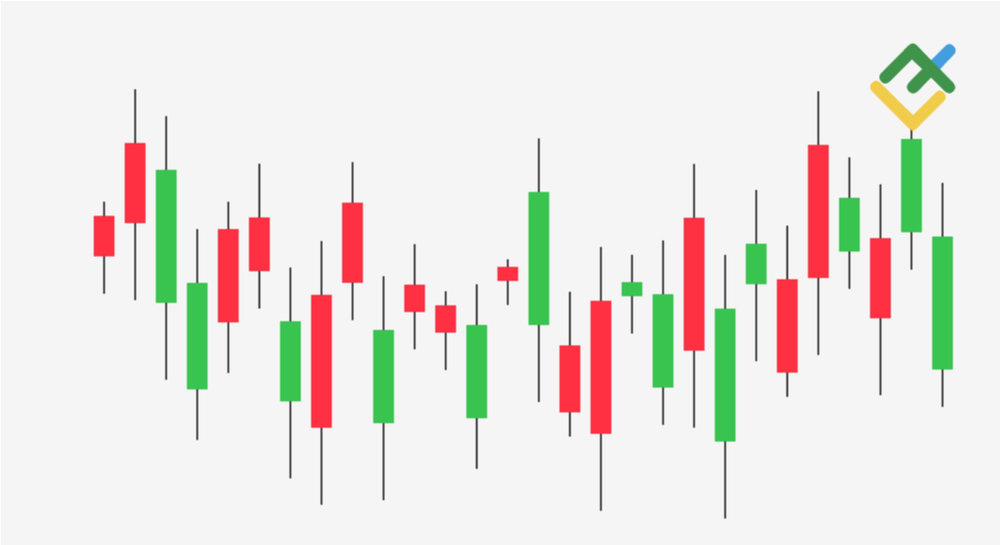Mastercard has announced plans to transform online shopping
by 2030. The company aims to eliminate the need for physical card numbers and
passwords, instead using biometric authentication to secure transactions.
This technology is already being tested in major markets and
is expected to become widespread within the next few years.
Mastercard Combines Tokenization, Biometrics
The goal is to combine tokenization, introduced a decade
ago, with biometrics to enable secure and seamless online checkout.
Mastercard’s vision is to ensure that every transaction on its network is
tokenized and authenticated, improving both safety and convenience for online
shoppers.

Despite the rise of digital payment solutions, online
shopping still faces issues, including higher fraud rates compared to in-store
purchases. Mastercard reports that fraud is seven times more likely online, due
to exposed card numbers.
Additionally, many shoppers still find manual card
entry a hassle, leading to abandoned carts. Mastercard’s technology aims to
reduce these challenges by streamlining the process and improving security.
“Just like the transition from signing and swiping to
tapping cards, we’re now moving from manual entry and passwords to seamless and
secure payments in just a few clicks. With this shift we are protecting
sensitive data through advanced encryption and tokenization technologies,” said
Jorn Lambert, Chief Product Officer at Mastercard.
Mastercard plans to eliminate manual card entry and passwords by 2030, replacing them with biometrics and tokenisation to combat online fraud.https://t.co/4fujmVwCgw
— Tranglo (@Tranglo) November 18, 2024
E-Commerce Tokenization Gains Traction
The company also imagines a future where physical cards are
numberless, further minimizing the risks of fraud. Mastercard’s efforts to
reduce cart abandonment and boost transaction approvals are already showing
positive results. Tokenization has helped merchants increase global sales by up
to $2 billion per month and reduced fraud risks.
Mastercard is working with various partners to scale these
technologies. More than 30% of Mastercard transactions are currently tokenized
through its Digital Enablement Service.
Markets like India are nearing full
tokenization for e-commerce. The company’s Payment Passkey Service is
expanding, with banks and online merchants in several countries already
adopting the technology.
The Click to Pay system is also gaining traction, with
several global financial institutions and merchants offering the service.
Mastercard’s initiative to phase out magnetic stripes, which began in 2021, is
part of its ongoing commitment to improve payment security.
Through these efforts, Mastercard aims to make online and
physical payments faster, safer, and more convenient by 2030.
Mastercard has announced plans to transform online shopping
by 2030. The company aims to eliminate the need for physical card numbers and
passwords, instead using biometric authentication to secure transactions.
This technology is already being tested in major markets and
is expected to become widespread within the next few years.
Mastercard Combines Tokenization, Biometrics
The goal is to combine tokenization, introduced a decade
ago, with biometrics to enable secure and seamless online checkout.
Mastercard’s vision is to ensure that every transaction on its network is
tokenized and authenticated, improving both safety and convenience for online
shoppers.

Despite the rise of digital payment solutions, online
shopping still faces issues, including higher fraud rates compared to in-store
purchases. Mastercard reports that fraud is seven times more likely online, due
to exposed card numbers.
Additionally, many shoppers still find manual card
entry a hassle, leading to abandoned carts. Mastercard’s technology aims to
reduce these challenges by streamlining the process and improving security.
“Just like the transition from signing and swiping to
tapping cards, we’re now moving from manual entry and passwords to seamless and
secure payments in just a few clicks. With this shift we are protecting
sensitive data through advanced encryption and tokenization technologies,” said
Jorn Lambert, Chief Product Officer at Mastercard.
Mastercard plans to eliminate manual card entry and passwords by 2030, replacing them with biometrics and tokenisation to combat online fraud.https://t.co/4fujmVwCgw
— Tranglo (@Tranglo) November 18, 2024
E-Commerce Tokenization Gains Traction
The company also imagines a future where physical cards are
numberless, further minimizing the risks of fraud. Mastercard’s efforts to
reduce cart abandonment and boost transaction approvals are already showing
positive results. Tokenization has helped merchants increase global sales by up
to $2 billion per month and reduced fraud risks.
Mastercard is working with various partners to scale these
technologies. More than 30% of Mastercard transactions are currently tokenized
through its Digital Enablement Service.
Markets like India are nearing full
tokenization for e-commerce. The company’s Payment Passkey Service is
expanding, with banks and online merchants in several countries already
adopting the technology.
The Click to Pay system is also gaining traction, with
several global financial institutions and merchants offering the service.
Mastercard’s initiative to phase out magnetic stripes, which began in 2021, is
part of its ongoing commitment to improve payment security.
Through these efforts, Mastercard aims to make online and
physical payments faster, safer, and more convenient by 2030.
This post is originally published on FINANCEMAGNATES.


